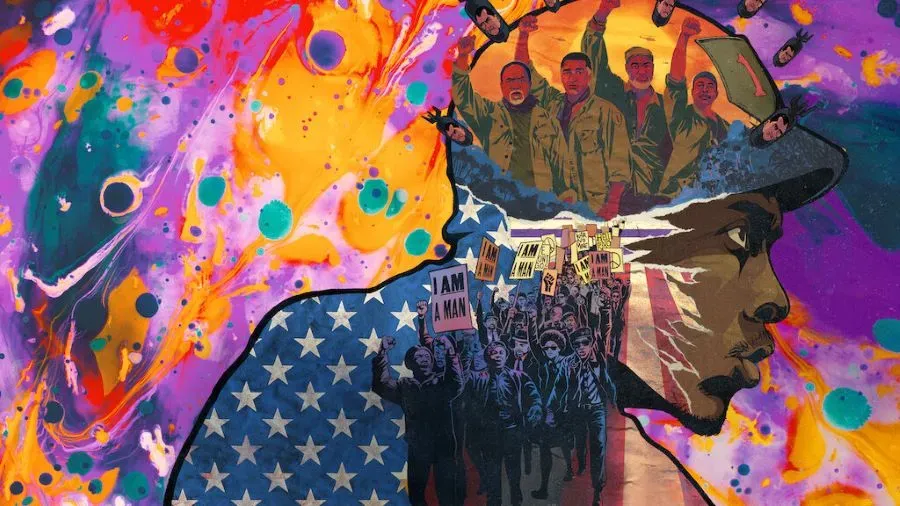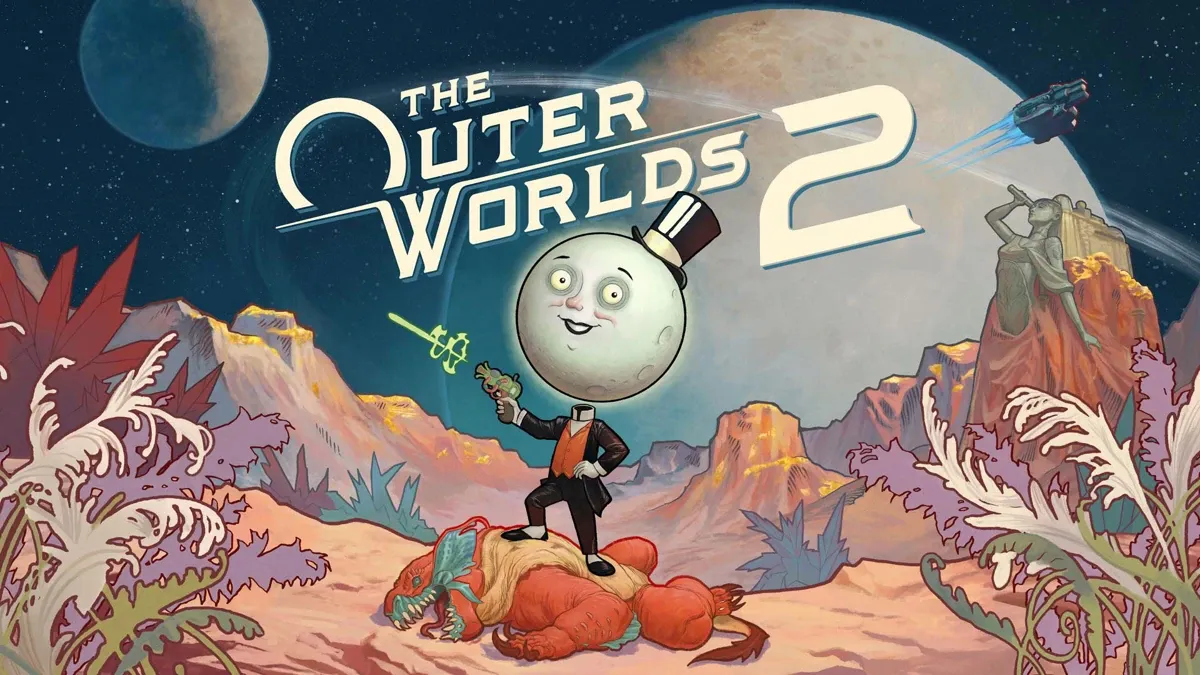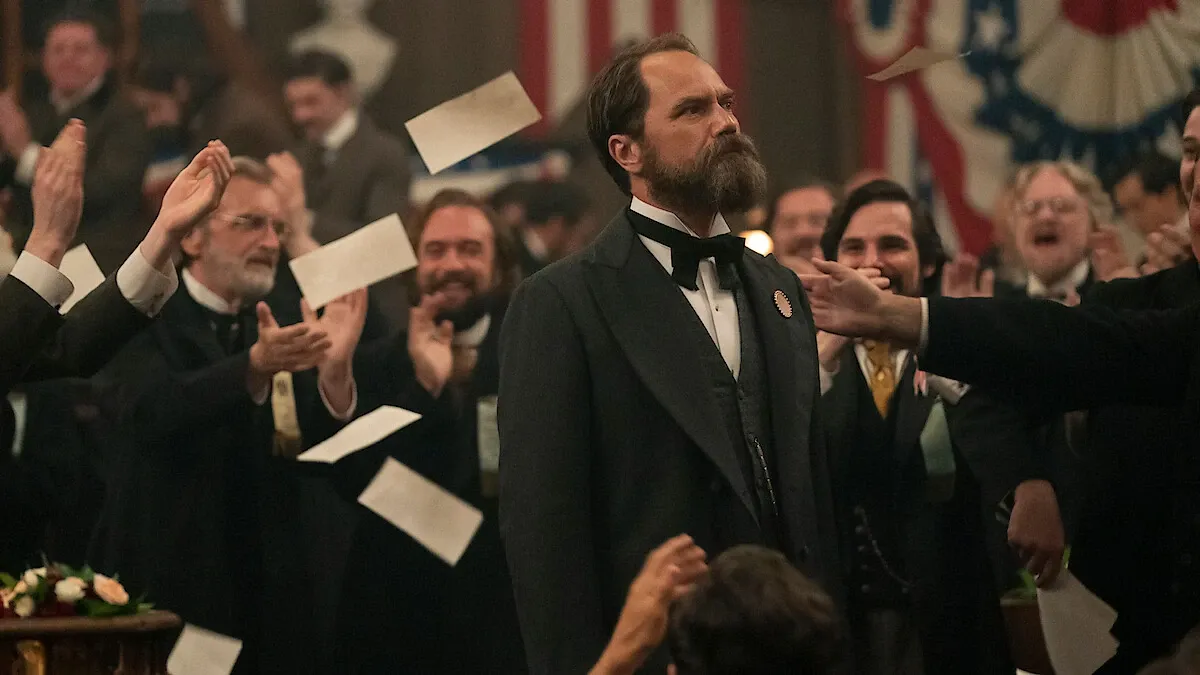Arriving 45 years after the end of The American War in Vietnam, DA 5 BLOODS is a big, sprawling epic about hatred and generational trauma from one of our greatest living filmmakers.
Set in present-day Vietnam, the Bloods, played by Delroy Lindo, Clarke Peters, Norm Lewis, and Isiah Whitlock, Jr., return to the source of their nightmares to find the remains of their fallen brother, Norman — and the stash of gold they left behind with him. Each broken and traumatized by their time in the immoral war, the Bloods are driven by desperation, greed, and a burning desire to right wrongs that can’t be fixed. But the deeper they venture back into the jungle, the more they realize that some things cannot be undone.
Coming off his previous masterpiece, THE BLACKKKLANSMAN, Lee is running on the same ultra-flammable petroleum that fueled his Oscar-winning thriller two years ago. DA 5 BLOODS mixes film stock, aspect ratios, historical footage, photography, and psychedelic imagery together into an intoxicating journey unlike any other. When characters reference significant events or people, Lee puts them front and center. Time exists all at once, and history melds with the present without care for cohesion. Instead of traditional cutaways to memories, Lee uses ellipsis to truncate portions of the story we don’t need to see to understand.
Instead, he paints the forever war through the realm of pop culture, riffing on and quoting other films left and right to showcase how an entire generation of teenagers coped with the inhumane conditions. The Bloods talk about Rambo, Walker the Texas Ranger, John Wayne, and other distasteful macho posturing America has used to sell the idea of a “cool” war worth joining up for. John Huston’s TREASURE OF SIERRA MADRE serves as a backbone for the story, even going so far as to have dialog sampled from it to make a point.
Both past and present cast are the same, with no CGI trickery in sight. Initially, the choice feels odd, as their leader, played by the great Chadwick Boseman, looks comically younger than everyone else in the flashbacks. But as the film progresses, the decision feels more and more natural. None of the leads ever left the jungle, and while their bodies have aged, their minds are haunted by a time that is both nightmarish and romanticized all at once. Together, they speak fondly of their time with a person they only knew during a war, yet lock up in anger when they’re forced to confront the children of the families they helped kill.
This combination makes for a film that depicts the global trauma of this decade’s long war crime better than any other to date. Even Oliver Stone’s PLATOON, while a seminal work in its own right, offered only a distinctly white impression of an event far more complicated than that. By mixing timelines, generations, and nationalities that each had a hand in the destruction, DA 5 BLOODS paints a nuanced depiction of cultural pain breeding hatred that cannot be alleviated.
In one of the most striking moments in the film, Delroy Lindo (giving a career-best performance in a winning cast), beautifully vocalizes the pain of feeling both proud and horrified of his actions in the war. He's proud of surviving with his brothers, yet horrified about what he had to do to return home. In a moment of cinematic poetry, Lee uses subtitles to allow the audience to understand what the opposing forces are saying; even as we know what will happen moments later.
A fair warning is in order: you will see mutilated bodies, real deaths, and infants with their faces blown off. Not for the hell of it, but because you have to. This is not a film about exorcising demons in a way that allows the audience to experience catharsis. This is an act of righteous anger, showcasing the war crimes and atrocities perpetrated by an invading force; one that has spent nearly half a century crafting a mythology of rightful conquest in remote jungles.
DA 5 BLOODS isn’t strictly speaking a war film, even if it is a film about war. All wars are inherently about inequality. In this case, an act of inhumanity pushed on those who cannot fight back by those in power. The film begins with a montage, one of many, painting a picture of this unequal world specifically divided by racial lines. From Muhammad Ali on his refusal to fight in Vietnam to the American military opening firing on its own people in the streets, the past looks horrifically similar to the present. Fascism, cloaked in the guise of law and order, reigns with a violent fist.
These politics run through the entire picture, most notably in the character of Paul (Lindo); who in his trauma and anger has converted into a MAGA-cap-wearing Trump supporter. Apart from the expected mocking of President Fake Bone Spurs, Lee uses the opportunity to explore a touchy subject in any community; what to do when an otherwise reasonable person drinks the Kool-Aid? Black people, just like any other group, are not a single unified entity who are all politically aligned. And while Lee argues that it takes someone to be mentally deranged to buy into this hatred, Paul is never the joke. Even if his beliefs are laughable by any rational standard.
DA 5 BLOODS arrives in a country torn apart once again by endless violence toward minorities, perpetrated by the police. As such, it is a timely, provocative, and powerful film that is necessary viewing for everyone. It’s a blistering indictment of a nation that has always stepped on the necks of those expected to serve it until their dying breath. It’s the second masterpiece from a great American poet in just two years, and one of the best films about The American War ever made.













